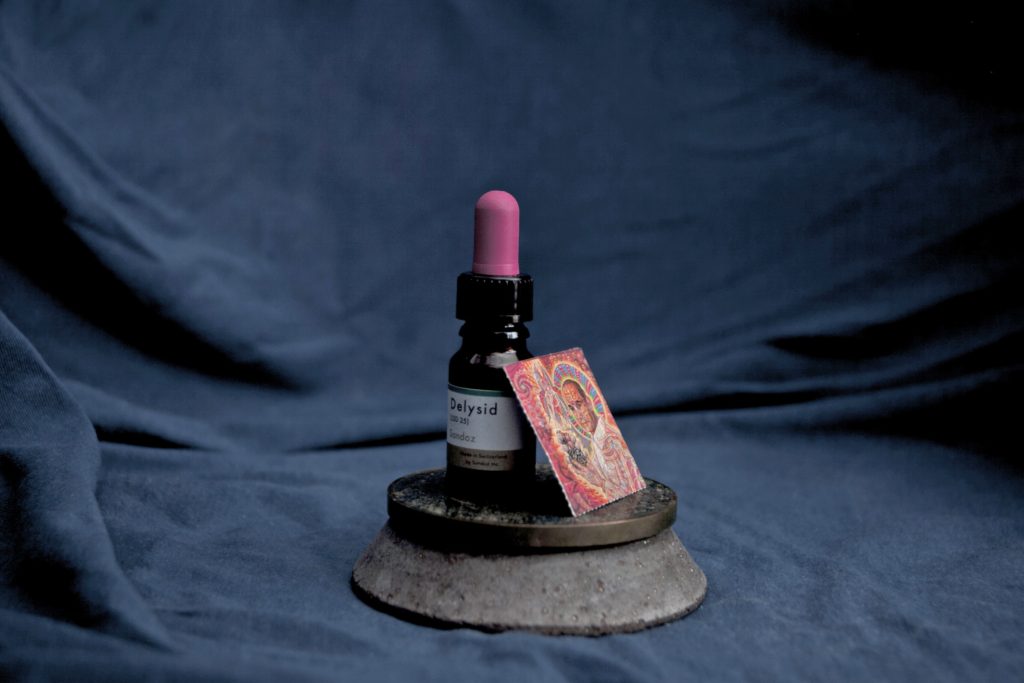

In such low doses, psychedelics should be viewed more like anti-depressants and cognitive enhancers. It is being accepted as a very different way to more safely benefit from psychedelics without any 'psychedelic effects'," he says. In addition to this, he receives many requests for advice each month from people looking to try it safely. So far, Fadiman has reports from 125 participants, with 80 more on the way. I manage my stress with ease and am able to keep my perspective healthy in a way that I was unable to before" "It helps me think more creatively and stay focused.

Although WIRED found no completed clinical studies looking specifically at microdoses, Fadiman has been carrying out his own research by collecting anecdotal reports from volunteers who self-administer the drugs. Google search volumes for the term "microdosing" have grown at a similar rate. But as drug surveys don't tend to differentiate between quantities of substances ingested, it makes it hard to know what proportion of those people have tried microdoses versus full, perception-altering macrodoses.Īccording to the European Monitoring Centre for Drugs and Drug addiction, up to 5.4 per cent of people aged 15 to 34 in Europe have taken LSD in their lifetime and up to 2.2 per cent have taken magic mushrooms in the last year, although they are not routinely included in general population surveys.Ī Reddit forum dedicated to the practice has grown its subscriber base from 1,600 at the start of 2015 to almost 7,500 in mid-June 2016. Like Adderall and Ritalin, it may excite the cerebral cortex, which controls high-order cognitive functions such as perception and sensation.Ī 2015 study by scientists at the Norwegian University for Science and Technology at Trondheim found that more than 30 million people currently living in the US have used psychedelic drugs such as LSD, psilocybin or mescaline. He says it's "quite possible" that low doses of LSD could have a stimulant effect by activating dopamine pathways in the brain. It's a view echoed by David Nichols, professor of pharmacology at Purdue University, Indiana, and an expert in psychedelics. "This may help certain brain areas work in more flexible and expansive ways that might give better outcomes." At least big doses do - that's what our imaging studies tell us - and maybe low doses to a lesser extent," he says. "These drugs change cortical functions, making them more fluid and less rigid. David Nutt, director of the Centre for Neuropsychopharmacology at Imperial College London, has carried out groundbreaking imaging studies of the brain on LSD and magic mushrooms. However, pre-eminent researchers in the field of psychedelics aren't surprised by the glowing reports. There have been few clinical trials on the effects of microdosing, so much of the body of evidence is anecdotal.


 0 kommentar(er)
0 kommentar(er)
